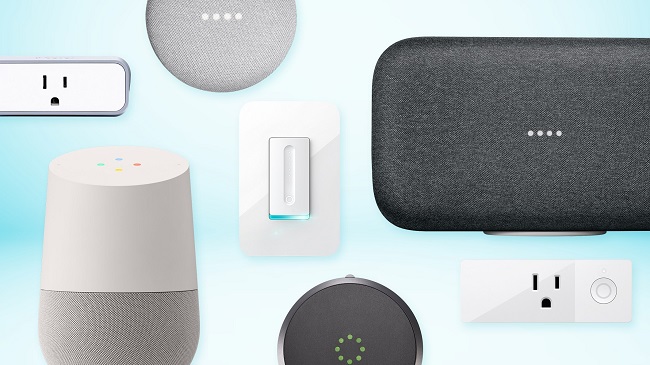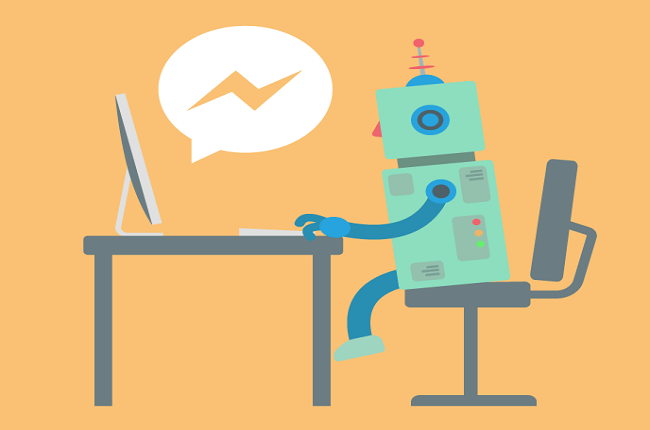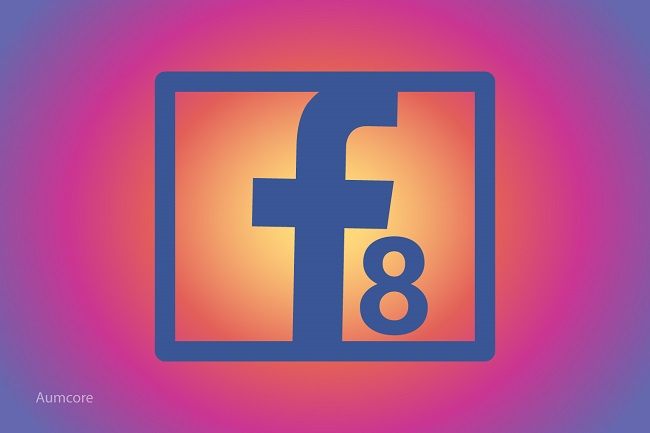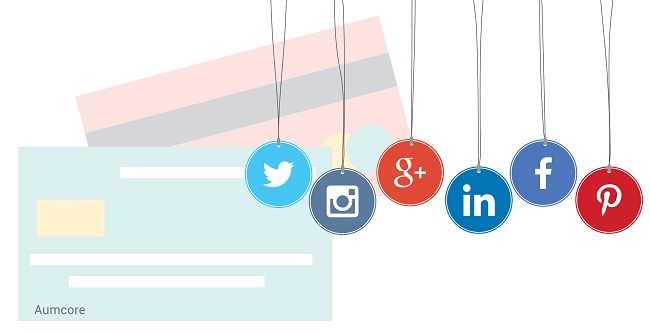Technology is advancing every day, leading to countless new discoveries like smart devices. It’s no secret that these devices are quickly taking over the technology industry, but these devices are also ultimately changing how users browse the internet and how technology affects customer value as a whole. For instance, according to CNBC, around 75% of people will only use their smartphone to access and browse the internet by 2025. With that many people ditching their computers and desktops for smartphones, we’re seeing a whole new type of browsing experience in the digital world. The remaining questions are: how is the technology industry reacting to this, and how does technology affect user behavior?
Technological Advancement, Smart Devices and the Digital World
Technology and smart devices play a huge factor when determining how users interact with the information on the web. With the intense rise of smartphone users, it is now vital to ensure that websites are created with the mobile user in mind. In fact, since 2001, there has been a 504% increase in media consumption on mobile devices.
This rise of mobile and smart devices has grown so much that people are now beginning to switch out technology behaviors like traditional texting and actually watching a television with services like Snapchat and Netflix. The switch in how users are consuming their media and information thanks to smart devices and the software associated with them is a huge topic of discussion. While the internet has changed the way consumers think and interact, it is the way users are now behaving that is changing the technology world forever.
User Behavior and Smart Devices
The way a user behaves on their smart device vs. a traditional desktop is a completely different experience. The use of AI tools and big data gives businesses an idea of how users are taking in and interacting with their content. With smart devices being so instant and, well, smart, user expectations for things are now ten times higher, and they are less likely to wait. For example, Google has told us multiple times that mobile visitors leave a page that takes longer than three seconds to load. With these high expectations, smart devices are the average user’s first stop when browsing the internet and finding information.
Not only that, but a huge way smart technology is also advancing is by eliminating any sort of waiting and clicking thanks to smart home devices like the Amazon Echo line and Google Home family, which bring you what you want directly as if you were communicating with a human. Many worry that this will eliminate the need for authentic human interaction, but others think it is an advancement needed to happen.
The Future of Web Browsing
With smart devices taking over the web browsing industry, creating a mobile site is critical for optimal page views and keeping up with changing trends. This also brings up the importance of creating quality content that is easy to find. For example, if you owned an Italian restaurant and someone were to ask their smart device what the best Italian restaurant in their town was, you would want yours to be optimized to be the first one that comes up.
The future of web browsing looks to be a lot of swiping and automated talking rather than traditional typing and clicking thanks to tools made available by AI. Exactly how is AI changing the digital and user experience, you may ask? Well, many websites have already taken a step into the soon-to-be future and are implementing AI technology trends like chatbots, personalized recommendations, and personal talking assistants. Implementing these tools into your website will not only keep you on par with the latest trends, but will also ensure that your website works the best on smart devices.
Social Media and Web Browsing
On top of all the new AI tool technologies, many social media platforms like Instagram have created updates to give users a shopping experience through the app. Allowing influencers and companies to sell, users are now able to shop products and looks from the pages they follow with a simple checkout process. While Instagram is a great example of this, they’re not the first and will definitely not be the last who will implement this.
How Smart Devices Are Shaping Consumer Lifestyles
Going back to smart devices, it seems as if users can’t even leave the house without their smartphone in tow or asking Alexa what the weather is like outside. It’s almost as if smart devices have morphed our brains into needing that automated reassurance from our smart device before doing our daily tasks. It has even gotten to the point where most need Google Maps to tell them how to get to places they’ve been to countless times before, just because they trust their smart devices and AI tools more than they trust themselves.
While there are a lot of things that make us wish we weren’t so reliant on this technology, it does bring countless benefits to our lives, both personally and professionally.
What Are the Benefits of Smart Technology?
There are countless different types of smart technology devices that range from everyday devices like the iPhone, Echo and Google Home, to more specialized ones like the iRobot Roomba and the Nest thermostat. Each device has different qualities and levels of technology that makes it unique. For instance, let’s take a look at three such examples of smart technology devices and what they can do for us.
Smartphones
Smartphones are probably the most widely used smart device on the market. When you consider the incredible utility they provide, it’s easy to see why this is. After all, with a smartphone like an iPhone or Galaxy on-hand, you not only have access to digital assistants and all they can do, but also access to the internet and MANY tools and features like a camera, GPS, book libraries, games, scanners, and so much more.
Smart Speakers
Having a quick and easy way to simply speak to a device and order whatever you need is not only convenient, but genius as well. Smart speakers like the Amazon Echo and Google Home bring incredible features that include personal assistants, a twist on traditional online shopping whereby a command is all that is needed, and a whole new and advanced way to browse.
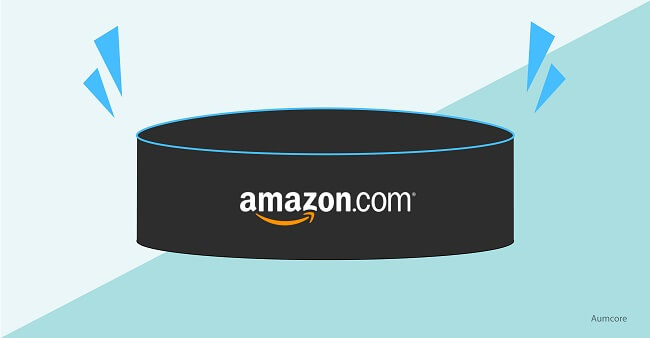
Smart Appliances
Most people hate cleaning and doing chores around the house. If that’s you, smart appliances are just for you. For instance, devices like the Roomba vacuum cleaner that does all the cleaning for you, and the Nest Thermostat that smartly manages the temperature around your home so you stay comfortable and keep your energy bills low, both work to automate your life and making living easier than ever.
In Review
So, has the internet changed the way consumers think and behave thanks to smart devices? In short, yes. It’s clear that smart devices and technology play a huge part in the way we browse, how technology influences consumer behavior, and even how we live our lives. Be sure to keep an eye out for just how much these devices have altered your own browsing behavior, and keep the trends they produce in mind when marketing and optimizing your content for your customers.
